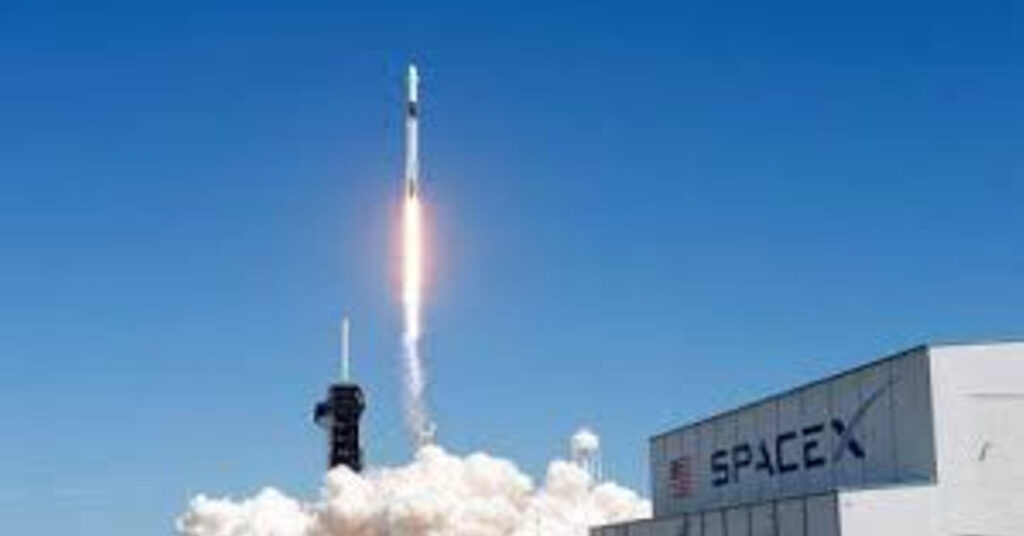Known for its impressive track record, the Falcon 9’s hiccup has sparked intense scrutiny to understand what went wrong.

On March 30, 2023, SpaceX’s Falcon 9 rocket experienced a rare failure, drawing significant attention from the aerospace community and the public alike. Known for its impressive track record, the Falcon 9’s hiccup has sparked intense scrutiny to understand what went wrong.
The anomaly occurred during the second stage of the rocket’s flight, about eight minutes after liftoff. Preliminary investigations point toward an issue with the rocket’s Merlin engine. Multiple sources within SpaceX indicated that abnormal pressure readings were detected just seconds before the failure. This led to an automatic engine shutdown, a safeguard designed to prevent catastrophic damages to the payload or operational assets.
A deep dive into telemetry data revealed the potential root causes to be a combination of factors, including a possible sensor malfunction or contamination in the rocket’s fuel line. Experts are considering whether particulates from the manufacturing process could have clogged the intricate components of the engine. Another theory is that undetected microfissures developed in one of the engine’s turbopumps, inducing stress beyond its tolerance limits.
Falcon 9’s Track Record and Evolution
The Falcon 9 has been hailed for its reusability and reliability, boasting a success rate exceeding 98%. Despite the occasional setbacks, the rocket’s design has continually evolved, incorporating lessons learned from each mission. SpaceX founder Elon Musk has emphasized that each anomaly offers invaluable data, contributing to the future resilience of their spacefaring vessels.
In response to this incident, SpaceX immediately grounded its Falcon 9 fleet, pending detailed inspections and remedial actions. Engineers are rigorously analyzing the affected hardware and software systems. Aiming to ensure no underlying issues are overlooked. While such occurrences remind us of the complexities and risks inherent in space exploration. They also underscore the importance of rigorous testing and built-in redundancies.
As SpaceX refines its technology, the broader industry watches closely. Recognizing that each failure is a stepping stone towards safer and more reliable space missions. The lesson learns from this Falcon 9 anomaly are expects to fortify future designs. Pushing the boundaries of what is possible in aerospace technology.
